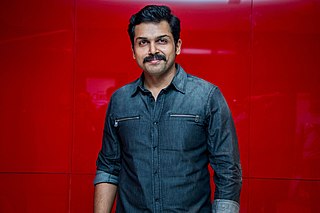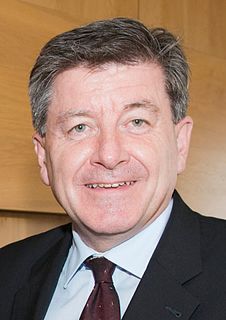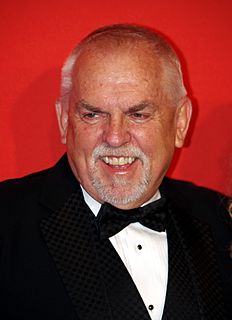A Quote by Raj Patel
A recent review of different agricultural options for the future was conducted by a panel of experts. The scientists posed the question: How are we going to feed the world when there are nine billion people on it, as there will be by 2050? And the answer they came up with was industrial agriculture won't work and genetic engineering won't work and the solution is going to be sustainable, and going to ecological kinds of farming that are based on local environmental conditions that work with local ecosystems available to develop a richer kind of farming technology.
Quote Topics
Agricultural
Agriculture
Answer
Available
Based
Billion
Came
Conditions
Develop
Different
Ecological
Ecosystems
Engineering
Environmental
Experts
Farming
Feed
Future
Genetic
Genetic Engineering
Going
How
Industrial
Kind
Kinds
Local
Nine
Options
Panel
People
Question
Recent
Review
Richer
Scientists
Solution
Sustainable
Technology
Up
Will
Work
World
Related Quotes
Women have an important role in agriculture. We need to introduce technology, which will help us harness the potential of women in agriculture. We need to divide the agriculture sector into three parts- regular farming, farming of trees and animal husbandry. If we are able to do this, the contribution of our women will increase even more.
Because of the industrialization of agriculture -- using massive amounts of fossil fuel -- only 2 percent of Americans work in farming. And yet they produce enough food to feed all 300 million Americans, with plenty left over for export. When are liberals going to break the news to their friends in Darfur that they all have to starve to death to save the planet?
Yet if you go to the supermarket and look at food that's produced through industrial agriculture, look at what's happened to the prices. Have they been going down? They've been going up and they will continue to go up. So the choice is either, do we hitch onto a system of agriculture that's doomed and will doom the planet with it, and go along the route of industrial agriculture, or do we want to shift to a kind of system that we know is going to be, in the long run, cheaper, because we'll have a planet left at the end of it? We need to factor that cost in.
So it sort of dawned on me that you have to build into your work the fact that it's going to be shown in different kinds of places and different kinds of light. And the fact that the surroundings and where you're going to be shown is always changing, so that should really not affect the meaning of the work. It should be part of what the work is about.
I now say that the world has the technology - either available or well advanced in the research pipeline - to feed on a sustainable basis a population of 10 billion people. The more pertinent question today is whether farmers and ranchers will be permitted to use this new technology? While the affluent nations can certainly afford to adopt ultra low-risk positions, and pay more for food produced by the so-called "organic" methods, the one billion chronically undernourished people of the low income, food-deficit nations cannot.
This is a really big space station. We do a lot of various kinds of work here, different kinds of science experiments; we have over 400 different experiments going on at any one time in different areas, from basic science research to medical technology, that hopefully will benefit more people on Earth.
There is no business in the world - I don't care what it is, whether it's I.T. or manufacturing - that does not have what I may refer to as a blended resource base. You have high-end work. You have engineering work. You have some local knowledge you require. Then, you have some very low-cost work to be done.






























